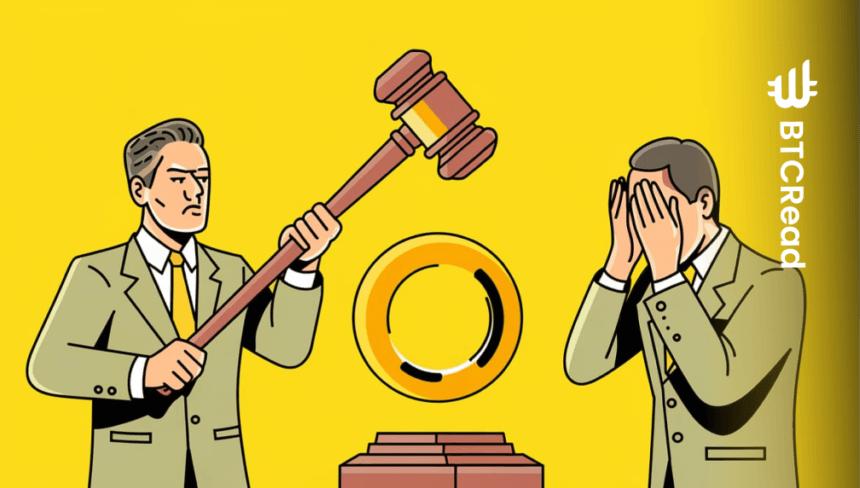The U.S. Securities and Exchange Commission (SEC) and Binance have agreed to a temporary 60-day pause in their ongoing legal battle. This decision comes after Mark Uyeda assumed the role of Acting SEC Chair, and it represents the first major step toward resolving a high-profile case involving the global crypto exchange.
The joint motion, submitted to the court, requests a formal stay of proceedings. Both parties acknowledge the potential benefits of this pause, as it could lead to a more efficient resolution. A court typically grants such requests if it determines that the delay will not cause harm to either party and will support judicial efficiency.

SEC’s decision to temporarily suspend Binance case
Uyeda, who took over as Acting Chairman, recently formed a crypto-focused task force on Jan. 21, 2025. This team is expected to influence the SEC’s regulatory approach toward digital assets. Given that its findings could impact the Binance case, the SEC believes temporarily suspending litigation is prudent.
The SEC proposed the stay, and Binance agreed to the terms. Both parties aim to avoid unnecessary legal expenses arising from extensive discovery processes. If they reach an early resolution, they can bypass costly procedures. Additionally, the court would not have to rule on Binance’s pending motions to dismiss the case, further streamlining proceedings.
According to the motion, the temporary stay will not disrupt existing deadlines. Courts typically avoid indefinite pauses, but this request is structured with a clear 60-day timeframe. At the end of this period, both parties will submit a status report indicating whether they require additional time or if litigation should proceed.
Crypto industry awaits SEC’s next move
Binance is represented by lawyers from big law firms like Gibson, Dunn & Crutcher LLP, Katten Muchin Rosenman LLP, and Milbank LLP. The SEC is represented by its in-house counsel from Washington, D.C., New York, and Denver. Now, the judge overseeing the case must decide whether to approve the request. If granted, the legal processes will remain on pause until further developments.







